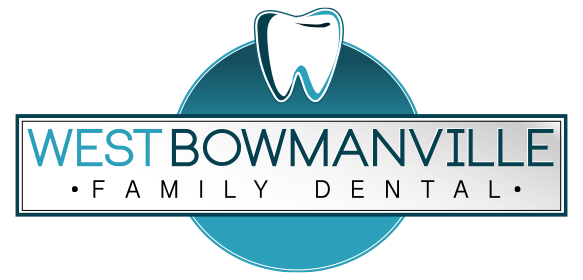Are you expecting a brand-new family member? Congratulations! Many women will try to be their healthiest possible in preparation for pregnancy, and this should include excellent dental health. An increasing number of clinical studies have shown possible links between poor gum health during pregnancy and low birthweight or premature babies. Ideally, it is best to visit a dentist in Newcastle before becoming pregnant, just in case you do need any more complicated treatment that is best provided before pregnancy, but otherwise book a checkup as soon as you find out the happy news.
Regular Preventative Dental Care is Essential During Pregnancy
During your pregnancy, it’s perfectly safe for you to receive preventative dental care. Make sure your dentist knows you are pregnant and be sure to tell them about any medications or supplements. Your Clarington dentist can use this information to devise the most suitable preventative dental care plan for you during pregnancy. Provided they know you are pregnant, your dentist will make sure that all treatment prescribed is safe for you and your baby.
You will still be able to have your regular six-monthly check-ups and cleans, but if you have any particular risk factors, your dentist may suggest more frequent hygiene appointments, because of the potential effects of hormonal changes on your gums. More frequent dental care may also be required if you already have some signs of gum disease.
How Pregnancy Affects Your Gum Health
Sometimes the changes in levels of various hormones can cause problems for your gums because they increase the sensitivity of gum tissue to bacteria in the mouth. Increases in progesterone levels could enhance the growth of bacteria responsible for gingivitis or early gum disease. Additionally, while you are pregnant, your immune system might react slightly differently.
Most women will notice some changes to their gums while pregnant, for example, your gums may begin to look red or could bleed during brushing and flossing. These changes are called pregnancy gingivitis and can start during the second month of pregnancy. The changes tend to peak around the eighth month of pregnancy, and once your baby is born, then your gum health should return to normal. If you do have pregnancy gingivitis, then more frequent hygiene appointments could help because these will remove plaque and tartar irritating your gums.
Also, during pregnancy, you may notice you develop some growths on your gums and which are called pregnancy tumours but don’t worry as they are benign. Most times there’s no need to do anything about these pregnancy tumours because they should disappear naturally once your baby is born. If they are interfering with eating or speaking or feel uncomfortable, then they can be removed before you have your baby.
Coping with Morning Sickness
Morning sickness is another possible complication during pregnancy, and frequent vomiting can expose your teeth to strong stomach acid. After being sick then rinse your mouth with plain water or with a mixture of water and baking soda which helps to reduce acidity in your mouth. It’s vital not to brush your teeth straight away because your tooth enamel will still be quite soft initially. Waiting half an hour allows it time to re-harden, reducing the damage to your teeth.
Lastly, there’s an old wives’ tale that says you lose a tooth for every baby. If you’ve heard this and are worried, then you can rest assured it is a myth. Good preventative dental care in Courtice combined with a healthy diet should help ensure your smile remains intact!

